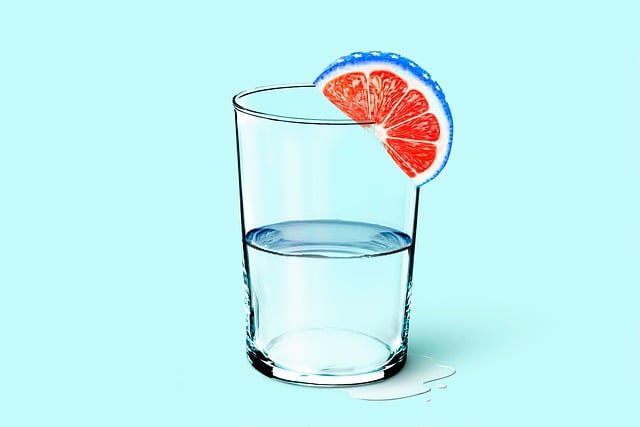-By: Bhavisha Changrani
Water is the most essential nutrient for life, yet it’s often overlooked in the conversation about healthy eating and nutrition. While we frequently hear about the importance of a balanced diet filled with protein, fats, and carbohydrates, water plays a crucial, albeit often underestimated, role in our health. Hydration affects every system in our body, from digestion to metabolism to cellular function. Let’s dive into the science behind hydration, debunk some common myths about daily water intake, and explore the importance of electrolytes, especially for those leading an active lifestyle.
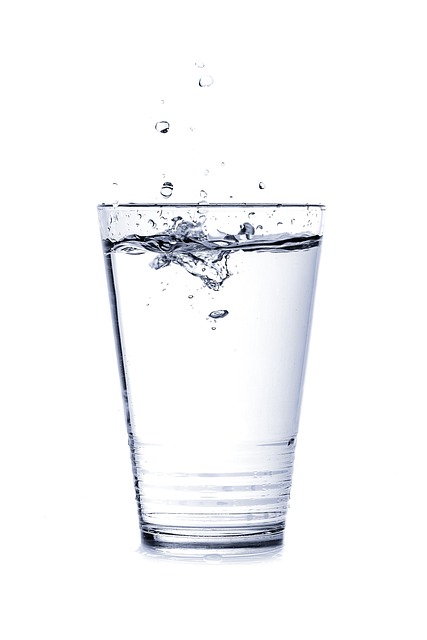
The Science of Hydration: How Water Plays a Crucial Role in Digestion, Metabolism, and Cellular Function
Water is integral to many of the body’s most vital processes, and hydration directly impacts how well these systems function. Here’s how:
Water and Digestion
Water is a key player in the digestive process. It facilitates food digestion, which facilitates the body’s absorption of nutrients. Saliva, which is about 99% water, helps moisten food, making it easier to swallow. Water also helps move food through the gastrointestinal (GI) tract by softening stool, preventing constipation.
In the stomach, water aids in the production of gastric juices, which are necessary to break down food. Without sufficient water, the body’s ability to absorb vitamins, minerals, and other nutrients from food would be compromised, leading to inefficient digestion and potential nutrient deficiencies.
Water and Metabolism
Water is involved in numerous biochemical reactions in the body, including those that convert food into energy. In fact, staying hydrated helps ensure your metabolism runs efficiently, supporting energy production and fat burning. Dehydration, on the other hand, can lead to a slower metabolism, decreased energy levels, and an impaired ability to burn fat.
Water also helps regulate body temperature, which is vital for optimal metabolic function. In hot weather or during exercise, the body sweats to release heat and maintain a stable internal temperature. Without enough water, the body’s ability to sweat and regulate temperature is compromised, leading to overheating and decreased performance.
Water and Cellular Function
At the cellular level, water is required for every cellular function. Water makes up around 70% of the human body, and it’s essential for maintaining the structure of cells, tissues, and organs. Every cell relies on water to transport nutrients in and waste products out. Water also plays a critical role in maintaining electrolyte balance within cells, which is vital for proper nerve function, muscle contractions, and overall health.
Without proper hydration, cells can become dehydrated, impairing their ability to function properly. This can lead to fatigue, muscle cramps, headaches, and a weakened immune system.
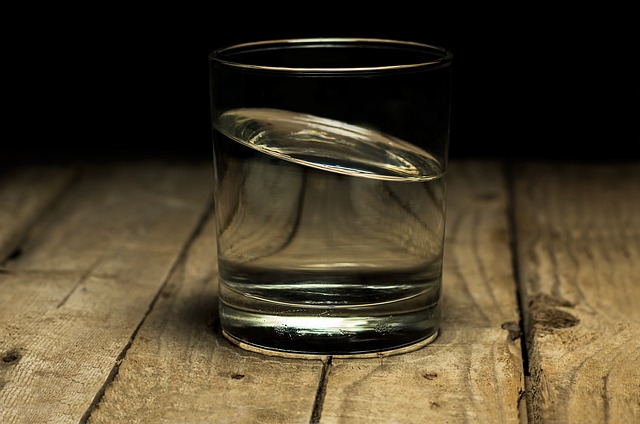
Hydration Myths Debunked: Understanding Common Misconceptions About Daily Water Intake
Despite the obvious importance of hydration, there are several myths surrounding how much water we actually need. Here, we debunk some common hydration misconceptions:
Myth 1:
You Need Eight Glasses of Water a Day
This is one of the most widespread hydration myths. While it’s true that staying hydrated is important, the “eight glasses a day” rule is not a one-size-fits-all recommendation. The amount of water you need depends on various factors, including your age, sex, weight, activity level, and the climate you live in.
The National Academies of Sciences, Engineering, and Medicine suggests an average daily water intake of about 3.7 liters (125 ounces) for men and 2.7 liters (91 ounces) for women, but this includes all fluids consumed, including water from foods and beverages like tea, coffee, and fruits. The actual amount of water you need might be higher or lower depending on individual factors.
Myth 2:
Drinking water is important even if you’re not thirsty
While it’s important to drink enough water, the body’s thirst mechanism is a reliable indicator of when you need water. Drinking water when you’re thirsty is usually sufficient for most people. Over-hydrating, or drinking water when you’re not thirsty, can actually lead to water intoxication or hyponatremia (low sodium levels in the blood), which can be dangerous.
If you’re active or live in a hot climate, you may need to drink more than usual, but it’s still crucial to listen to your body’s signals.

Myth 3:
All Fluids Are Equal
Not all fluids hydrate the body in the same way. While water is the best choice for hydration, sugary drinks like soda, energy drinks, and fruit juices can actually dehydrate you due to their high sugar content. Caffeine and alcohol can also act as diuretics, increasing urine output and potentially leading to dehydration if consumed in excess.
For optimal hydration, plain water, herbal teas, and beverages that contain electrolytes are the best choices.
Myth 4:
You Can Get All Your Hydration From Food
While many fruits and vegetables (such as cucumbers, watermelon, and oranges) contain a high percentage of water, they can’t replace your daily need for water. Solid food can contribute to your overall hydration, but you still need to drink fluids to stay properly hydrated.
Electrolyte-Rich Drinks for Optimal Hydration: The Importance of Electrolytes, Especially for Active Individuals
Electrolytes are essential minerals like sodium, potassium, magnesium, and calcium that help regulate various functions in the body, including hydration, muscle function, and nerve transmission. When you sweat during physical activity, you lose not only water but also electrolytes. This is why maintaining electrolyte balance is especially important for athletes or anyone who engages in prolonged or intense physical exercise.
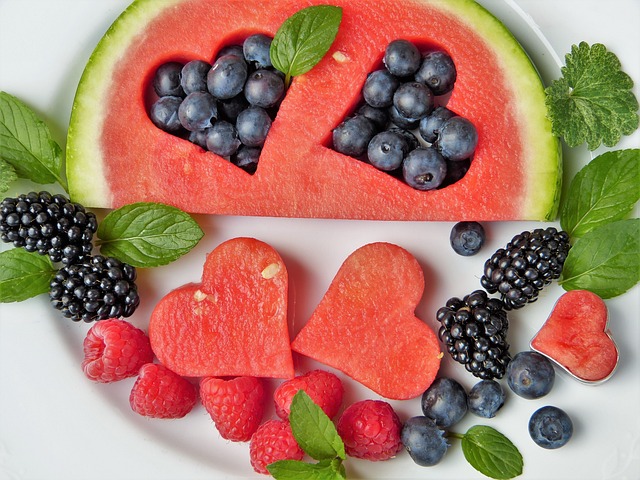
Why Electrolytes Matter
Electrolytes help maintain the body’s fluid balance and ensure that cells and muscles function properly. An imbalance in electrolytes can lead to dehydration, muscle cramps, fatigue, dizziness, and more severe complications like heat stroke. For active individuals, rehydration after exercise should include more than just water; it’s important to replace both fluids and electrolytes.
Sources of Electrolytes
You can get electrolytes from a variety of foods and drinks. Common sources include:
Sodium:
Found in salt, soups, broths, and sports drinks.
Potassium:
Present in bananas, oranges, spinach, and potatoes.
Magnesium:
Leafy greens, nuts, seeds, and whole grains are good sources of magnesium
Calcium:
Available in dairy products, fortified plant milks, and leafy greens.
Electrolyte Drinks: Do You Need Them?
While water is great for staying hydrated, electrolyte-rich drinks are beneficial for replenishing lost electrolytes after intense or prolonged exercise. Commercial sports drinks are formulated to provide a balance of water, sugar, and electrolytes, but be mindful of the sugar content. Natural alternatives, like coconut water or homemade electrolyte drinks, can also provide hydration without the added sugar.
For everyday hydration, plain water is generally sufficient. However, if you’re engaging in prolonged physical activity (e.g., running, cycling, or hot yoga), consider drinking something that also replenishes electrolytes. These drinks help to maintain proper fluid balance and prevent dehydration and its associated symptoms.
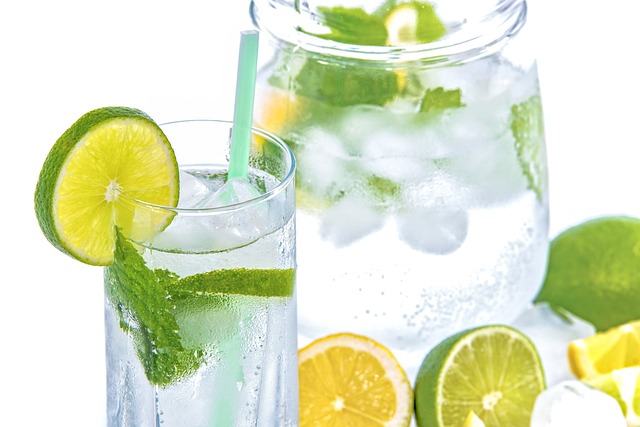
Conclusion
Hydration is far more than just drinking water—it’s an essential part of maintaining optimal health and well-being. From aiding in digestion and metabolism to ensuring proper cellular function, water is vital for nearly every bodily process. By understanding hydration myths, such as the “eight glasses a day” rule and understanding the significance of electrolytes for physically active people, we may make better choices regarding our hydration.So, remember: drink when you’re thirsty, hydrate with the right fluids, and support your body’s needs with proper nutrition for hydration, especially when you’re active.

